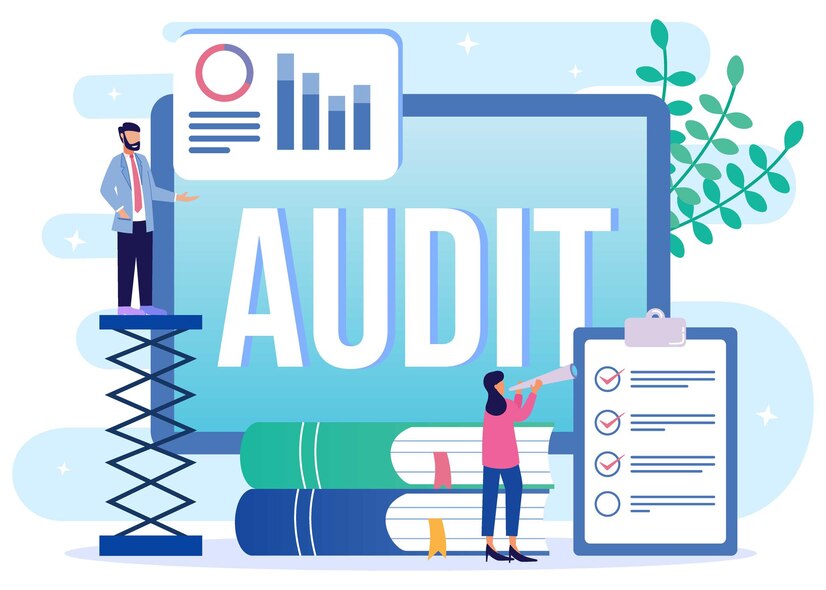
What is an Internal Audit?
An internal audit is an independent, objective examination conducted within an organization to assess and improve its governance, risk management, and internal controls.
This process is designed to help an organization operate more effectively by examining various aspects of its operations, policies, and compliance with regulations.
In this blog, we will discuss the basics of the internal auditing function, different types of audits, and general guidelines for the auditing process.
The Importance of Internal Audits
Internal audits are essential to achieving the organization’s mission and goals and should not be omitted. Internal auditors can be found in all industries, such as health care, technology, education, and government.
Internal audit professionals help every field by systematically reviewing business processes, enhancing the efficiency of risks and controls, revealing possible problems, and considering potential gains. Organizations should consider internal audits regular and integrated business activities based on efficient risk analysis and an authorized audit proposal.
Types of Internal Audits
Although most audits are generally focused on assessing the efficiency of risks and internal controls, the internal audit function is tasked with conducting reviews on compliance, environmental, security, and technology performance, financial and operational audits, and special projects and investigations where management requires them.
Compliance Audit
A compliance audit observes and examines an organization’s compliance with laws, regulations, policies, or guidelines.
The objective is to identify whether the organization observes and follows all the applicable rules and regulations for its sphere of activity.
Environmental Audit
These audits evaluate how a company’s actions and operations affect the environment and may also review the organization’s compliance with applicable laws and regulatory standards.
Financial Audit
These audits can be done to check or redo the internal financial reporting of an organization about the entire business concern, division, budgets, fixed assets, or other specific projects.
They also may occur as a scheduled verification of billing, expenses, or company reimbursements.
Operational Audit
Operational audits determine how well a company’s controls are working, whether they are optimal, and how dependable they are.
Special Projects and Investigations
Special Projects and Investigations are “project-based” engagements. They are usually conducted under the authority of management and may include fraud and forensic assignments.
Security and Technology Audit
Security and technology audits are assurance engagements focusing on an organization’s information technology systems and the structures supporting them to ensure data, information, and intellectual capital. Assessments of IT usually accompany controls and the change backup and recovery procedures.
Performance Audit
These audits assess whether a company is on track to achieve the internal objectives, KPIs, and other targets set by managerial authorities.
In cases where teams are not delivering on goals, performance audits can help identify other factors that add cost or distraction to the process and might act as barriers to the team.
Five C’s of Internal Audit
The five C’s are often followed in audit team reports, and every detail of a report will comprise the following:
Criteria
What issues were identified, and why was the audit required?
Condition
How does the issue investigated relate to a company goal or expectation?
Cause
Why did this issue come to the fore? A local factor that prompted the situation was whether something was raised because of an internal audit.
Consequence
By now, try to identify what outcomes were derived from the abovementioned issue: Are new forms of governance appropriate? What other problems have been noted concerning company finance?
Corrective Action
Considering what’s wrong with that solution, how can the company rectify the situation? What can management do to address the problem? What actions will follow up? What is the next plan of action in case the problem recurs?
Manage your Internal Audit Process with KNK
Internal audits are essential in corporate governance and should be prioritized accordingly. To manage risks effectively, teams must conduct consistent audits and evaluations and regularly report their findings to senior management and audit committees.
KNK can assist in this process whether the team is forming or the processes and capabilities are being defined and improved. Start using KNK’s internal audit services today!
